Hundreds of millions of Americans will have a new president tomorrow. Depending on where you land on America’s increasingly hyper-partisan political spectrum, January 20 will either be a day of dread or joy, a return to the good old times or a step back into rough, unpredictable waters.
The same could be said for policymakers across the Atlantic Ocean. Most of Europe’s political heavyweights, the majority of whom are still content to live in the 1990s as if the geopolitical changes of the last two decades didn’t occur, are dreading Trump’s return.
It doesn’t take a doctorate in international relations to understand why. Europe, and in particular Germany, is one of Trump’s favorite punching bags and will remain so over the next four years. The man who once threatened to leave Nato if the Europeans didn’t stop penny-pinching on their own defense budgets is re-entering the White House with a belief system that has only been reinforced since he left it in January 2021: Europe is led by deadbeats who are perfectly happy taking advantage of the American taxpayer as much as they possibly can. Whether or not the description is accurate is largely immaterial; what matters is that Trump firmly believes it.
European officials know all this, of course. Some of them — French President Emmanuel Macron to take the most obvious example — have already been through the Trump vortex before and probably would have preferred to avoid a second round. Others, like UK Prime Minister Keir Starmer, have talked with Trump but may soon discover that sweet-talking him will only barely lessen the winds of the Trump-nado. Others still, like German Chancellor Olaf Scholz, may not even get the opportunity to sit down with Trump in the first place (Germany’s February elections are primed to be a disaster for the long-time politico).
All of them, however, will confront a newly victorious American politician whose list of grievances with Europe are about as long as his grievances with Democrats back in Washington. Foremost among them is in the unequal sharing of the burden for Europe’s security, which Uncle Sam has carried its shoulders since the early days of the Cold War. This, despite the fact that the European Union’s nearly $19 trillion GDP is larger than China’s.
For Trump, who is used to reading balance sheets and top-lines, this is a trend that can no longer continue. While it’s difficult to imagine Trump actually withdrawing the United States from Nato or allowing Russia to do “whatever the hell they want” to members of the alliance who don’t spend what they should on defense, it’s also hard to envision him letting the spending disparity rest. And he has a point: based on Nato’s own data, Washington made up 63 percent of the alliance’s total defense expenditures last year.
If the Europeans hope they can rely on Trump’s national security advisers to tame the boss’s instincts, then they will be sadly mistaken. In the first term, such a strategy worked up to a point. Trump at the time was surrounded by members of the conventional foreign policy establishment, folks like former generals HR McMaster, John Kelly and Jim Mattis, who bought into the traditional transatlantic framework and treated Nato headquarters in Brussels as if it was a place of worship. The second term will be different because those figures are all gone, excommunicated from the Trump orbit.
Trump 2.0 will be staffed by subordinates who are either loyal to the President personally or who share the same mercurial world view. Even Marco Rubio, the presumed next secretary of state, sounds like a full-throated MAGA man these days. “We have to have alliances with strong and capable partners, and not those who sort of viewed the US and the Nato defense agreement as an excuse to spend less on defense and more on some domestic needs,” he told the Senate foreign relations committee during his January 15 confirmation hearing. “We have domestic needs, too.”
The problem is that while almost everybody in Europe agrees that defense spending needs to go up, there isn’t a unified position on how far the increase should go, let alone where those extra dollars should be invested. A big reason for this is the unaltered reality that, while Russia is causing havoc in Ukraine and occasionally rattles its nuclear saber at Nato, the security order in Europe isn’t falling apart. Nato is still standing strong, the US is still inside the alliance, and the Russian army’s capability has atrophied to the point where Russian President Vladimir Putin is begging the North Koreans to help him reclaim Kursk.
There’s also a question of priorities: by virtue of geography, different European countries have different interpretations of what constitutes a security threat. France and Italy, for instance, are more impacted by irregular migration from Africa than they are about what Russia is doing in Ukraine. Unlike the Baltic states, Germany doesn’t have to worry about a hypothetical Russian land invasion. And Spain, well, doesn’t have to worry about much at all.
Then there are the domestic political factors at play. Poland, which aims to allocate 4.7 percent of its GDP on defense this year, agrees with Trump that Nato’s current spending guidelines are archaic. Yet even the hawkish Poles admit that it will take another decade to satisfy Trump’s demands, which have gotten steeper with time. Starmer, too, realizes the urgency of more defense funds but doesn’t want to tie his 2.5 percent goal over a definitive period of time lest he fail to uphold it. The Germans, meanwhile, are dismissing Trump’s reported 5 percent of GDP spending hike with a combination of contempt and passive-aggressive humor; Friedrich Merz, who will likely be Germany’s next chancellor, called the figure “basically irreverent.”
In the end, the Europeans will try to repeat the strategy they used throughout Trump’s first term: flatter him, caress his ego and make some symbolic gestures in the direction of bigger defense budgets, all in the hope that the most powerful man on the face of the earth will drop the gripes over time. But this would be a very dangerous gamble to make. Fresh off another victory, Trump and his administration want to see clear, unambiguous action — the sooner, the better. Anything else will be seen as an excuse.



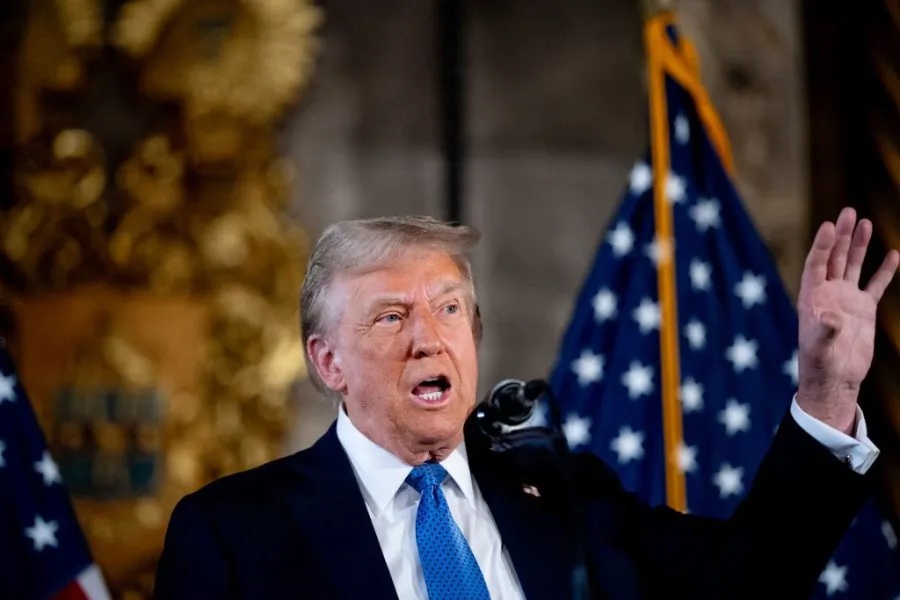








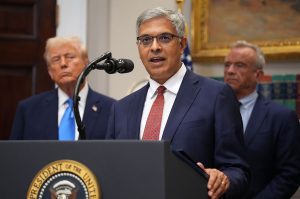



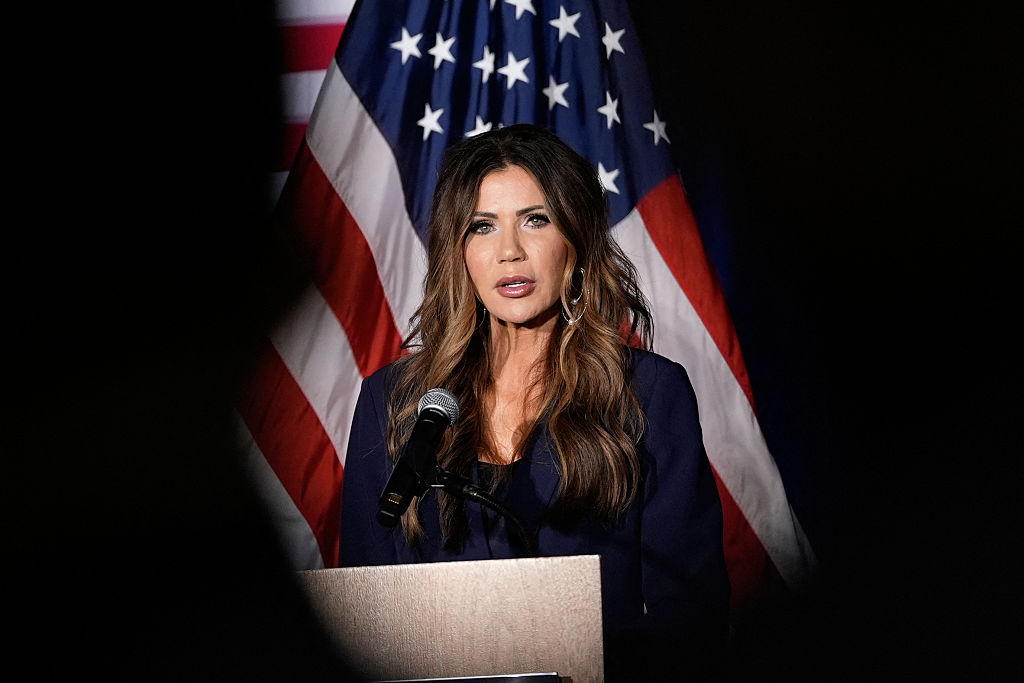
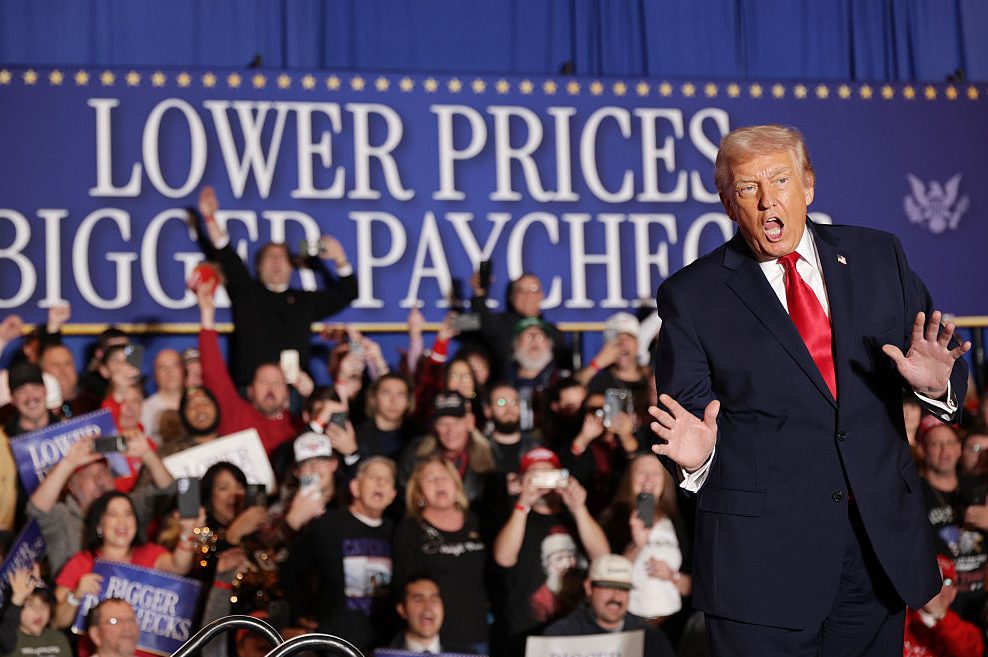
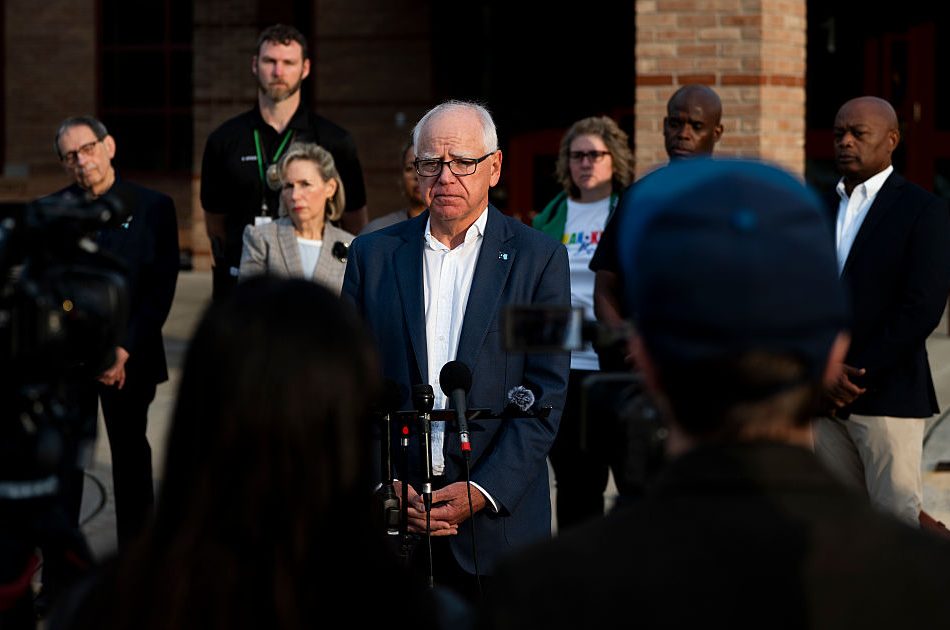







Leave a Reply